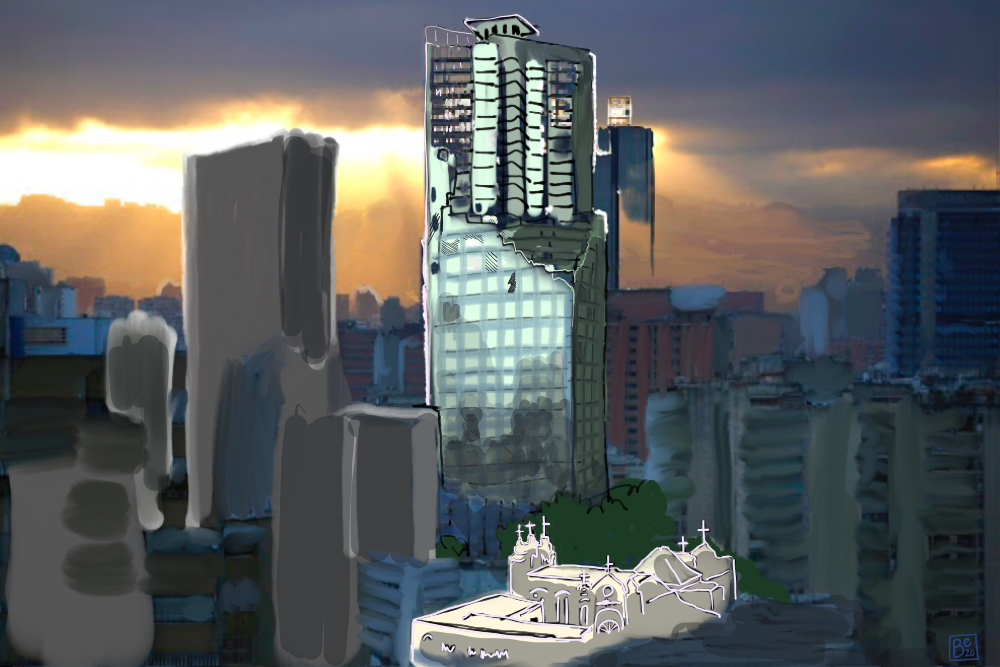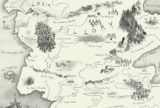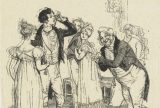In Venezuela, Dystopian Fiction Hits Close to Home
J.G. Ballard’s High-Rise Shows What Happens When a Liberal Democracy Crumbles and Its Worst Vices Take Over
There’s a certain absurdity that comes with trying to explain—in calm, simple, and objective words—a life that has become too strange to be real. At least, that’s how I feel when talking about my home country, Venezuela, where a small bottle of water has become more expensive than a barrel of gasoline, law enforcement officials are afraid to enter prisons that are ruled by criminal gangs, and the minimum wage is less than five American dollars per month.
Sometimes, when I try to put facts and events in order, I struggle …










